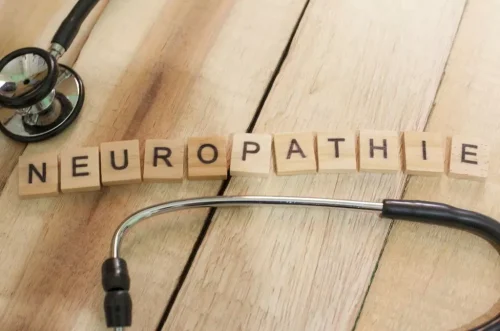
And since it affects your genes, once you inherit it, you’re stuck with it. No, individuals vary in their sensitivity to alcohol and its effects on nasal congestion. Some people may be highly sensitive, while others may not experience any congestion at all. Nasal congestion alone is not enough to indicate alcohol intolerance or allergy. Other symptoms such as hives, itching, or difficulty breathing would be more indicative of an allergic reaction. Alcohol is well-known for its ability to cause vasodilation, meaning it widens blood vessels.

Can drinking alcohol in moderation reduce the chances of nasal congestion?
The most common symptom of an alcohol allergy is hives or welts on the skin. Other symptoms can include swelling of the face, lips or tongue, difficulty breathing, dizziness or lightheadedness, nausea and vomiting. In severe cases, anaphylactic shock can occur, which is a potentially life-threatening reaction. In this blog post, we’ll take a closer look at the causes of red wine congestion and explore some tips for avoiding it.

Asian Flush: The Surprising Connection to Anxiety and Depression
Some people may mistakenly believe that alcohol helps with congestion because it can cause a temporary numbing effect. This numbing effect can make it feel like congestion is relieved, but in reality, it is only a temporary sensation and does not provide any true relief. Although alcohol may initially make a person feel drowsy, it ultimately disrupts the sleep cycle and can sneezing after drinking alcohol lead to more interrupted and less restful sleep.
Could Having ALDH2 Deficiency Offer Unexpected Heart Protection?

Let’s explore why alcohol can trigger congestion and some common FAQs related to this topic. After experiencing an allergic Substance abuse reaction to alcohol, consult a doctor for proper diagnosis and guidance on managing alcohol allergies or intolerances. To prevent future allergic reactions, it is recommended to avoid alcohol entirely if you have confirmed alcohol allergies.

Additionally, moderation and paying attention to personal tolerance levels can also be beneficial in managing histamine-related symptoms. Additionally, certain alcoholic beverages, such as wine, may contain sulfites and other additives that can trigger allergic-like symptoms in sensitive individuals. Sulfites are commonly used as preservatives in wine and can induce respiratory symptoms, skin reactions, and headaches. Other additives, such as artificial colors and flavors, may also exacerbate allergic-like responses in some people. Alcohol can also trigger histamine reactions in the nose, leading to further congestion. Histamine is a compound naturally found in wine, beer, and spirits, and it can elicit an allergic response.
Alcohol intolerance is a genetic disorder
- If you have an alcohol intolerance, you may experience skin flushing and a stuffy nose after drinking alcohol.
- But not many people realize that there are many ingredients, additives, and preservatives within alcoholic beverages that can cause negative side effects.
- During this period, personal data may not be processed and once it has elapsed, it will be canceled in the corresponding database.
- When we say alcohol intolerance you probably think about the number of drinks a person can handle.
The only way to prevent the uncomfortable reactions caused by alcohol intolerance is to avoid alcohol altogether. If you experience any severe symptoms or pain, it is recommended to consult a doctor. Drinking alcohol, especially beer, is a common way to celebrate and socialise. However, it can have adverse effects on your health, particularly if you are prone to allergies, asthma, or sinus infections.
Be careful and avoid the risk of Alcohol Congestion.
- This alcohol intolerance is a genetic variation that is passed down from parent to child.
- People with this gene deficiency suffer two-fold from allergic symptoms to alcohol.
- However, some people do experience true allergic reactions after drinking alcoholic beverages.
- Alcohol does not need to pass through the digestive tract in order to be digested; rather, it is absorbed directly into the blood stream.
If you have sensitivities or allergies to these components, consuming beer could potentially exacerbate nasal congestion and other allergy-related symptoms. Alcohol intolerance is a temporary, but pretty uncomfortable, reaction to alcohol — with nasal congestion and flushed skin being the two most common side effects. It happens if your ALDH2 enzymes (remember those?) aren’t particularly effective at their job, or if your body just doesn’t make enough ALDH2 enzyme in the first place. In either case, the result is less acetaldehyde being broken down into acetate. Individual sensitivity to histamine varies, and not everyone will experience allergic-like reactions to histamine-rich alcoholic beverages.